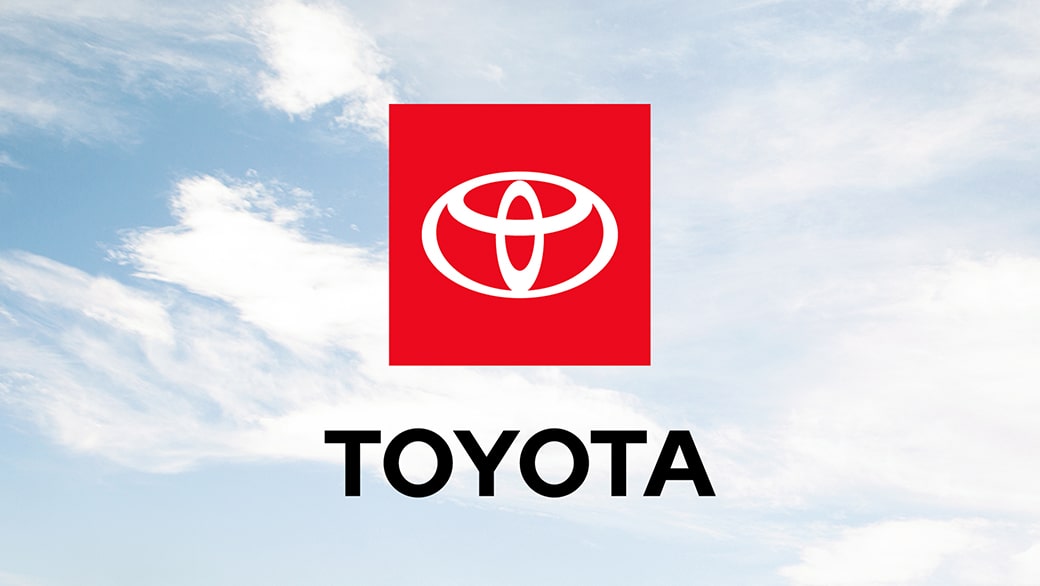
Owning a Toyota is a great investment—whether you’ve bought a sleek sedan like the Camry, a versatile SUV like the RAV4, or the iconic Tacoma pickup. Known for their reliability, fuel efficiency, and long-lasting value, Toyota vehicles are a favorite among drivers worldwide. However, like all vehicles, they require insurance to protect against accidents, theft, and unexpected damage. If you’re a Toyota owner—or planning to become one—it’s essential to understand how Toyota insurance works and what factors influence the cost of your coverage.
In this blog, we’ll break down everything you need to know about Toyota car insurance, including why it’s important, what to look for in a policy, and how to save on your premiums.
Why Is Insurance Important for Your Toyota?
Car insurance is required by law in most countries, and for good reason: it provides financial protection in case of accidents, damage, or theft. Even though Toyota vehicles are often recognized for their durability, no car is immune to unforeseen events such as accidents, vandalism, or natural disasters.
With insurance, you can protect your investment and avoid paying out-of-pocket for costly repairs or replacements. Moreover, depending on your policy, you could be covered for liability claims, medical expenses, and more.
Types of Coverage for Your Toyota
When shopping for insurance, it’s important to understand the types of coverage available and how they apply to your specific Toyota model.
1. Liability Insurance
Liability insurance covers injuries or property damage you cause to others in an accident. It’s required by law in most states and is generally the minimum insurance coverage you’ll need. In the case of a Toyota, this would apply if you’re at fault in an accident with another vehicle, pedestrian, or property.
2. Collision Coverage
Collision coverage helps pay for repairs or replacement if your Toyota is damaged in a collision, regardless of who is at fault. If you’re involved in a fender bender or worse, collision coverage ensures you don’t have to pay for repairs out of pocket.
3. Comprehensive Coverage
Comprehensive coverage protects your Toyota from damage caused by non-collision events such as theft, vandalism, natural disasters, fire, or falling objects. If your Toyota is involved in a freak accident—like a tree falling on it or if it’s stolen—comprehensive coverage will help cover the repair or replacement costs.
4. Uninsured/Underinsured Motorist Coverage
If you’re hit by a driver who doesn’t have enough insurance (or any insurance at all), this coverage helps protect you. This is particularly important in areas where uninsured motorists are more common, and it’s often an optional add-on to your policy.
5. Personal Injury Protection (PIP)
PIP helps cover medical expenses for you and your passengers, regardless of who is at fault. If you’re in an accident and need medical treatment, PIP can help cover your medical bills, lost wages, and other expenses related to the injury.
6. Gap Insurance
If your Toyota is totaled in an accident and you owe more than the car’s current value, gap insurance helps cover the difference. This is particularly important if you’re leasing your Toyota or if your loan is larger than the car’s market value.
Factors That Affect the Cost of Toyota Insurance
Now that you know the types of coverage available, it’s essential to understand the factors that affect how much you’ll pay for insurance on your Toyota.
1. Model and Year of Your Toyota
The cost of insurance can vary based on the specific model and year of your Toyota. A brand-new Toyota Prius might have higher insurance premiums than an older Toyota Corolla due to the cost of replacement parts and repair expenses. Luxury models, such as the Toyota Land Cruiser or Toyota Avalon, may also come with higher insurance premiums because of their higher value.
2. Your Driving History
Your driving history plays a significant role in determining your premium. If you’ve been in accidents or have a history of traffic violations, your rates will likely be higher. Conversely, a clean driving record with no claims or accidents can help you qualify for lower rates.
3. Location
Where you live also affects your car insurance costs. For example, living in a busy city with higher traffic and accident rates may increase your premium. Conversely, if you live in a rural area with fewer accidents and lower rates of theft, you might see lower premiums.
4. Age and Driving Experience
Younger drivers or new drivers typically pay higher premiums, as they are considered higher-risk. If you’re a young driver with a Toyota, be prepared for higher insurance rates. On the other hand, if you’re an older driver with a long track record of safe driving, you might qualify for discounts.
5. Deductible and Coverage Limits
Choosing a higher deductible can lower your insurance premium, but it also means you’ll pay more out of pocket in the event of a claim. Additionally, opting for lower coverage limits may reduce your premium, but it also means you’re less protected in case of an accident or damage.
6. Safety Features
Toyota vehicles are known for their safety features, and having a Toyota equipped with advanced safety technologies—such as automatic braking, lane-keeping assist, and airbags—can lower your insurance premiums. Insurers often offer discounts for cars with high safety ratings, as they reduce the likelihood of injury and damage.
How to Save on Toyota Insurance
Even if you’re insuring a new Toyota, there are ways to keep your premiums affordable. Here are some tips to help you save on Toyota car insurance:
- Shop Around: Don’t settle for the first insurance quote you get. Different insurers offer different rates, so compare quotes to find the best deal.
- Take Advantage of Discounts: Many insurers offer discounts for good drivers, safe vehicles, bundling policies, and more. Ask your insurer about all available discounts.
- Increase Your Deductible: If you’re comfortable with a higher deductible, consider increasing it to lower your premium.
- Drive Safely: A clean driving record is one of the best ways to keep your premiums low. Avoid accidents and traffic tickets to keep your insurance costs down.
- Consider Telematics Insurance: Some insurers offer telematics-based policies where they track your driving habits. If you’re a safe driver, you can qualify for discounts.
Conclusion: Is Toyota Insurance Worth It?
Toyota vehicles are designed to be reliable and durable, but accidents, theft, and unexpected damage can still happen. Having the right insurance coverage is essential to protect your investment and ensure you’re financially prepared for the unexpected.
When choosing insurance for your Toyota, make sure to evaluate your coverage needs, compare policies, and take advantage of any available discounts. Whether you’re insuring a new model or an older vehicle, the right insurance policy can give you peace of mind and financial protection on the road.
Have you recently insured your Toyota? What factors influenced your decision to choose your policy? Feel free to share your experience in the comments below!

